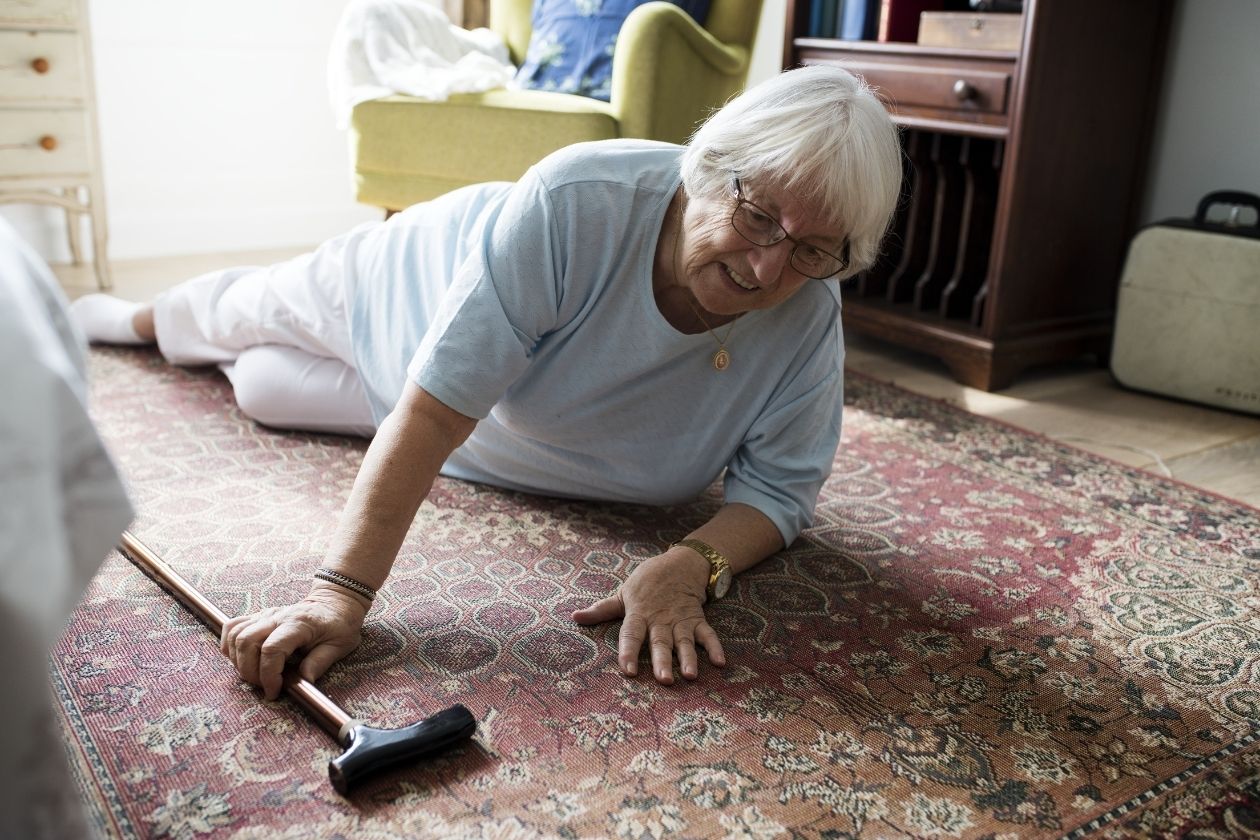Whether you live alone as an older adult or know someone who does, it’s important to keep seniors safe from any possible issue. Anything can happen to anyone at any time, but that doesn’t mean you should avoid precaution whenever possible. Take note of these top safety concerns for every senior so that you know what to expect or avoid.
Table of Contents
Fires
Fires are safety issues for everyone, but they’re especially risky for seniors and people with reduced motor function. Use of an oxygen tank also significantly increases fire risk. Fortunately, there are many ways to avoid or reduce fire risk in the home. Smoke detectors and automatic fire sprinklers are the main solutions. Otherwise, store all flammable materials away from heat sources, and make sure the circuit breaker is the correct size with the right enclosure. Worn-out electrical outlets also increase fire risk.
Falling
Falling is another serious safety concern. Wet bathroom floors, tripping hazards, and seasonal slippage all increase the risk of a fall. Still, there are many ways to avoid falling at home. Organize your senior’s living space. Make sure no obstacles inhibit their walking space, especially near staircases and hallways. Also, install grab bars and handrails in bathrooms and in the bedroom to help them maneuver their bodies to a secure, comfortable position. If your senior has a physical disability, installing a stair lift might also be a good idea.
Incorrect Medicinal Use
Aging affects mental clarity, which is why incorrect medicinal use is one of the top safety concerns for every senior. If you or someone you know uses a lot of different medications, do your best to avoid medication poisoning. A pill organizer can help you avoid this confusion. Also, be sure to label all medications and note their expected side effects. Each medication poses its share of potential negative side effects, which may inhibit judgement. Only use medications as directed.
Choking
Lastly, avoid choking on food and medication. If you live alone, there may not be someone there to help if you choke, so drink lots of water to lubricate your throat before swallowing pills or eating. Always cut your food into bite-sized portions and thoroughly chew your food before swallowing. Some medical conditions, such as Parkinson’s, also make it difficult for one to chew their food, but eating in smaller, bite-sized portions prevents these issues.




